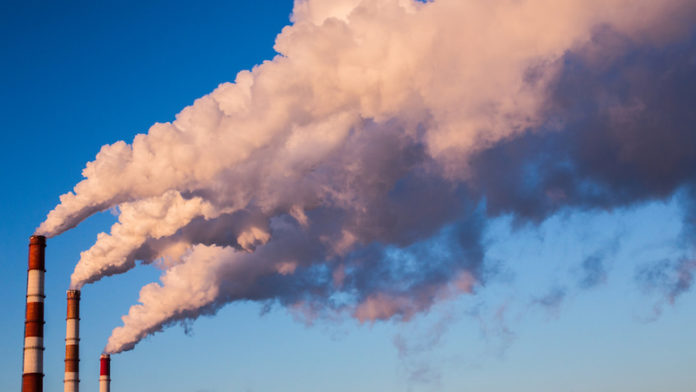
COAL miners should invest significantly to help find concrete scientific solutions for pollution so that government’s defence of the future of coal are not seen as “devoid of facts”.
This was the plea from South Africa’s deputy mines minister Nobuhle Nkabane at the annual McCloskey Southern African Coal Conference in Cape Town on Thursday. “I reiterate my call for the coal industry to invest in technologies that mitigate against pollution,” she told delegates.
According to Nkabane, the debate around a Just Energy transition is polarising because South Africa’s contribution to the world’s total carbon emissions is “1% and the African continent as a whole is 3%”.
Nkabane, like minister of mineral resources and energy Gwede Mantashe, implied that the coal industry should reinvent itself by embracing carbon sequestration technologies, such “mixing fossils with green sources, such as ammonia”. She also mentioned the carbon capture and storage (CCS) project in development in Leandra in Mpumalanga, which is expected to become operational by next year. CCS is a process whereby CO² is injected deep underground.
Transnet a disappointment to Govt.
The deputy minister was disappointed that South Africa’s coal mining companies could not take advantage of the higher uptake of coal for thermal power last year, following the Russian Ukraine war which meant a much higher demand for coal.
“Coal transportation to the Richards Bay Coal Terminal is constrained by the well-known challenges of Transnet rail. The consequences are not only the expensive road freight but also result on costly damages to road infrastructure and recently extremely fatal accidents.
“What have been the sum consequences of failure to generate electricity optimally leading to loadshedding as well as failure to take full advantage of the developing coal markets internationally?” the minister asked rhetorically.
The Richards Bay Coal Terminal, which has been in existence since 1976 and has a capacity to export 90 million tons (Mt) of coal. However, last year it recorded the lowest exports in 30 years of just over 50Mt because of Transnet’s inability to get coal to the terminal.
According to Bonginkosi Mabaso, commercial head at Transnet Freight Rail, the record low export volumes that are attributed to Transnet were due to cable theft and a shortage of locomotives.
DMRE “fully capable” of Eskom oversight
In her speech, the Deputy Minister emphasised that the Department of Mineral Resources and Energy is “fully capable” to take charge of Eskom. The ANC recently reached a resolution that Eskom, which is currently under the stewardship of the Department of Public Enterprises will be moved to the DMRE, a step that has drawn much criticism from stakeholders and industry players.
“Aligning Eskom with the DMRE as a department responsible for energy was long overdue and that I as the minister I am fully capable to politically oversee the affairs of Eskom as per relevant stator mandate like it has been with all other SOE’s.
“Once this process is completed, the DMRE will from henceforth be duly made to account for energy from policy to actual infrastructure generation capacity,” Nkabane said.









